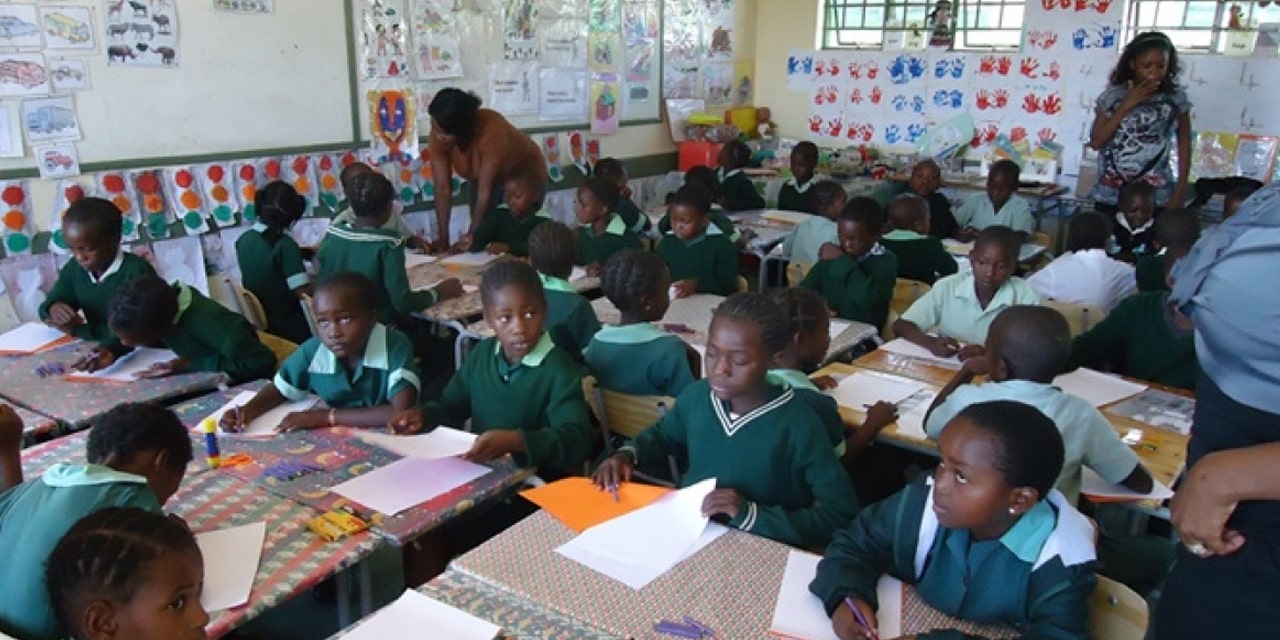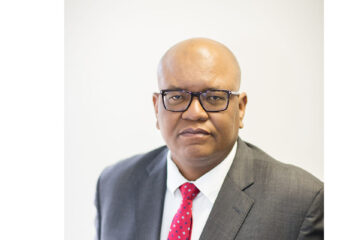Andrew Kathindi and Rose-Mary Haufiku
The Namibia National Teachers Union (Nantu) says the proposed regulatory body for teachers will address a deficiency in the quality of teaching in the country.
During his state of the nation address recently, President Hage Geingob stated that to address the plight of the youth, Government will “establish a Teachers’ Professional Regulatory Body to improve the quality of training of Educators and prescribe minimum standards for the Profession.” Nantu, Secretary General, Loide Shaanika, said “Yes. In fact, those are some of aspects. We need to look at how to improve the standards in providing quality education. Before you train them, also to see who should become a teacher.”
“What you see happening mostly today is that this person is a teacher in the day and in the evening, they are not a teacher.”
A regulatory body or authority is a Government agency set up to exercise a regulatory function. The body would be responsible for imposing requirements, conditions or restrictions, setting the standard for activities, and enforcing in these areas or obtaining compliance.
According to the Nantu SG, the union has been calling for a regulatory body for the teaching fraternity since 2011, and earlier this year, and presented a proposal to the Office of the Prime Minister, and “the President’s call could be a result of that.”
Namibia is one of the few countries in the South African Development Community (SADC) without a regulatory authority for teachers.
“Botswana established theirs last year. It’s high time for us as a country, ministry, as universities, to identify, who should become teachers and who should be accepted in the profession, and what are the standards?”
“Because our own standard is Namibianized, it means it will only be us to accept teachers from other countries, and our teachers will not be able to teach in SADC,” said Shaanika
She made a comparison of a driving license being revoked when driving under the influence of alcohol in the event of the breach of regulations , stating that the same could be followed when it comes to teachers.
According to the Ministry of Education, Arts and Culture, there are 29,167 teachers in Namibia as of 2018. Veteran school principal, Clement Kloppers, said the level of teaching in the country was lacking due to many moving into the teaching profession because they have no choice.
“Many of those who are going for the teaching profession, it’s not their first choice, they are going because there’s a bursary point. And of the ones taking the education profession, in many instances, many of those are the students who have the lower grades.”
“They need to have a different way of selecting candidates to study for the teaching profession. I am not optimistic that what we offer our students is what they desire in the first instinct. I think many of the teachers who are in the profession do not really want to be there and that has a very negative effect on the profession.”
The Education Ministry has said that it hopes borrow concepts from Health Professions Council of Namibia in establishing framework for the regulatory body, and that it will serve as an independent body.
“The Ministry envisions that the Council will regulate the profession and that will require that all teachers are registered with the Council. As we envision, the body will serve to also be able to track teachers and conduct of teachers. Although once again, it is premature to dictate what the act will encompass,” Education Ministry Executive Director Sanet Steenkamp told Windhoek Observer.
According to the ED, the Ministry started exploring the option of a Professional Council for Teachers in 2012 and during the review of the Education Act 16 of 2001, regional consultation supported the implementation of the Policy.
“The Professional Council was included in the Basic Education Bill, however legal drafters advised the Ministry to remove the Council from the Bill. At this juncture we were advised that the Act should fall under our Ministry and as such we are now starting with the procedures towards this.”




